总部
56A Audley Road, Hendon,
London, United Kingdom
NW4 3HB
+44-203-239-8988
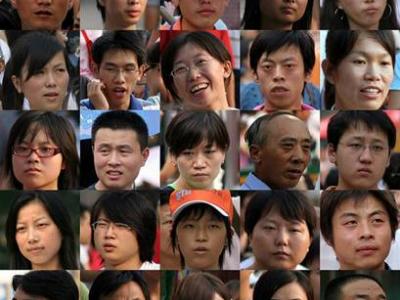
Migration figures have revealed that the Chinese comprise the largest number of migrants to the United Kingdom. With more and more Chinese arriving in the UK than those from other countries, it would be wise to learn their different background and culture in order to gain a better understanding of where they come from. Here are some tidbits about the different Chinese people based on their origin:
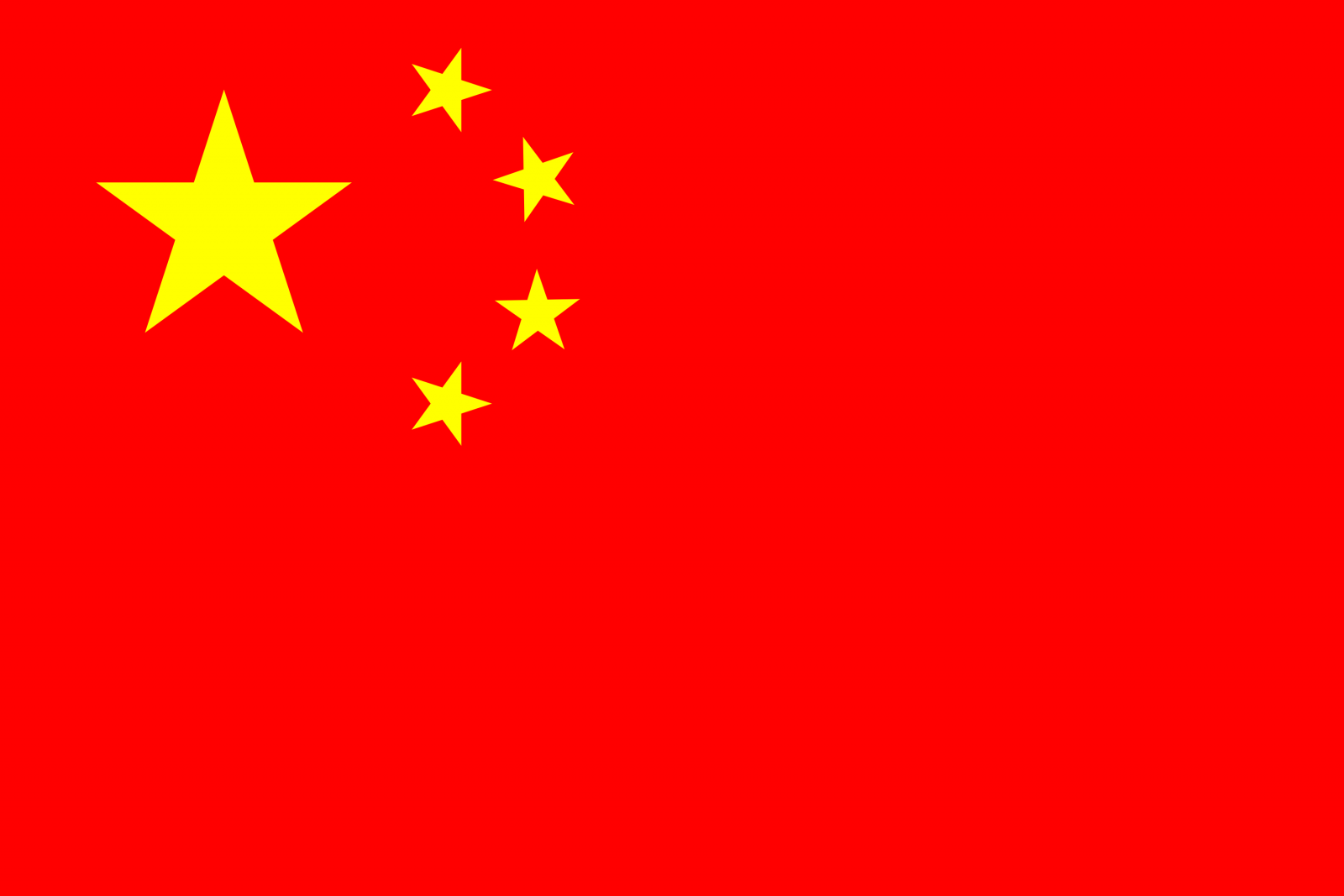
Mainland Chinese
These are the people who live in a region that is considered "mainland", a term commonly used for areas governed by the People's Republic of China, with the exception of Taiwan and Hong Kong. There has been a lot of dramatic changes in the Mainland Chinese culture but the importance of family values and structure still remain a focus. Whether they lived in the modern, urban cities or traditional, rural environment, families are still cherished, honored and respected.
The flow of migration from China has become predominant after the emergence of the 1985 emigration law which grants ordinary citizens passports as long as they could obtain sponsorships and letters of invitation from overseas. China’s rapid economic growth has enabled people to pay for their children to go to school outside Mainland China. There has also been an increasing demand for opportunities to study abroad. Often, once overseas studies have been completed, a majority of Mainland Chinese students do not return home. Instead, they either take up employment in their destination country, continue their studies or even relocate to another country.
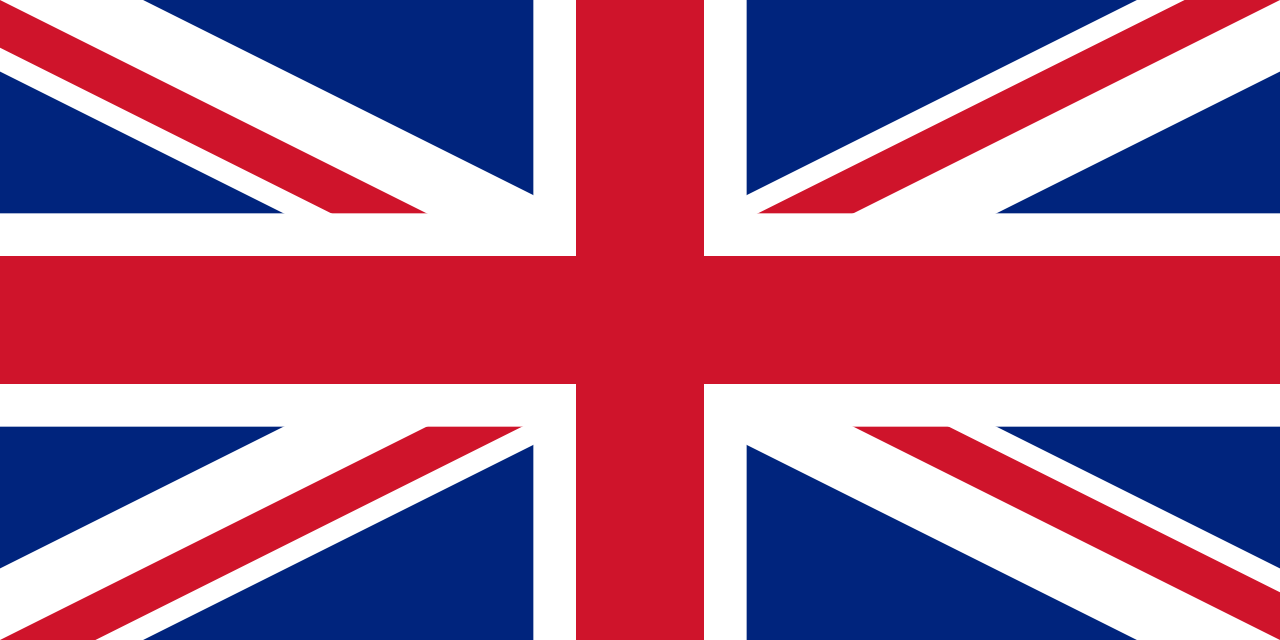
British Born Chinese
Most British-born Chinese are descendants of people who were immigrants themselves when they came to Britain. Majority of them come from former British colonies in Asia such as Hong Kong, Singapore and Malaysia, and other countries like Australia, New Zealand, and Canada.
According to a report from Sunday Times, the Chinese are socioeconomically more widespread and decentralised compared to other minorities in the UK, with a record of high academic achievement and one of the highest household incomes among British demographic groups.
The London School of Economics did a study in 2010 wherein they found out that the British Chinese tend to be well-educated and earn more than the British population as a whole. The British Chinese are predominantly visible in more prestigious universities and are likely to get higher class degrees than other ethnic minorities in the United Kingdom. First or higher degree achievements have been accomplished by nearly 45% of British Chinese men and more than one-third of British Chinese women over the past years.
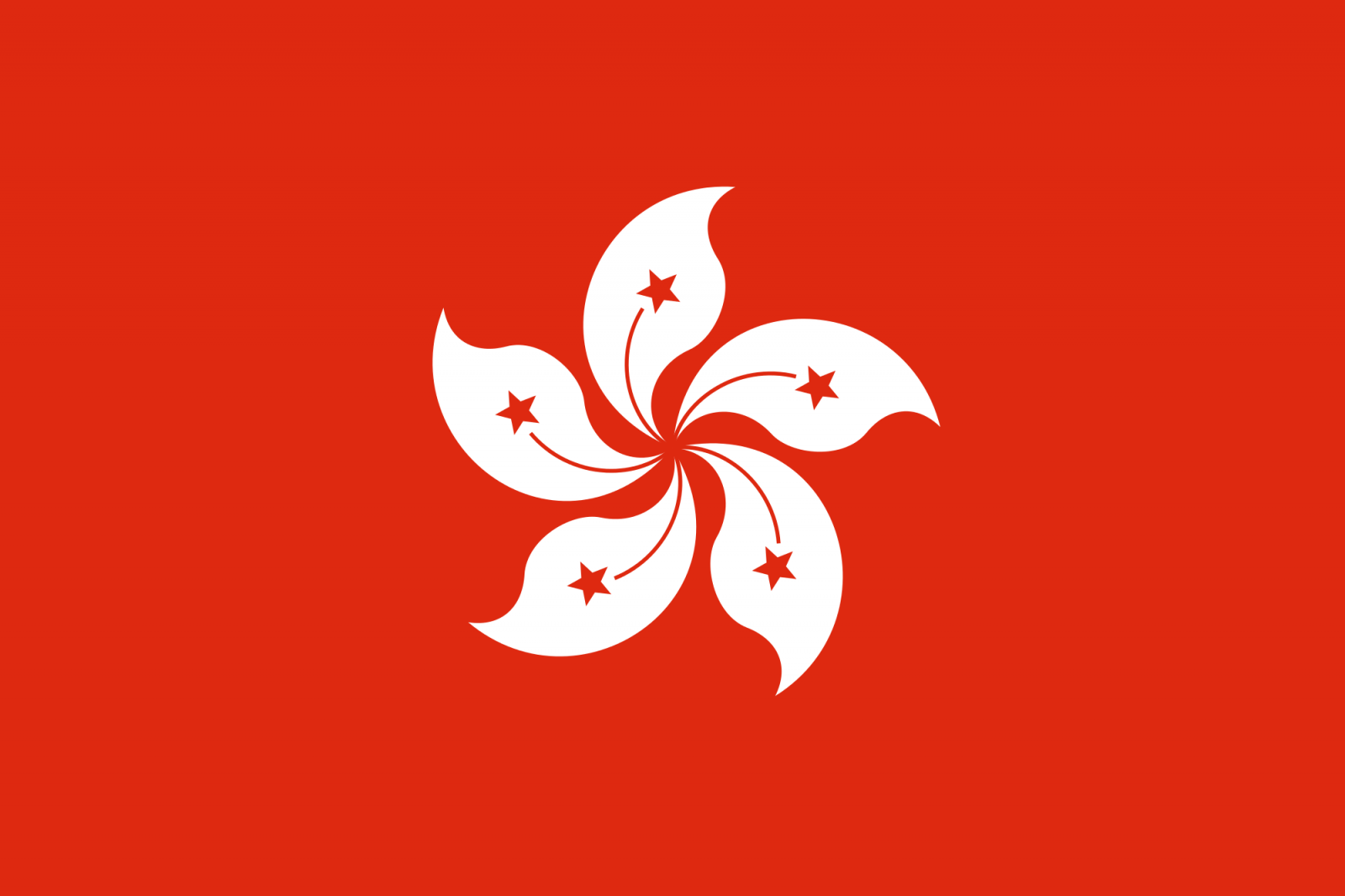
Hong Kong Chinese
Hong Kong Chinese refers to Hong Kongers of Chinese ancestry. After Britain’s handover of sovereignty of Hong Kong to China in 1997, Hong Kongers began to move to other parts of the world, although some who have emigrated during that time have returned since. Most of the Hong Kong Chinese have emigrated to countries in Europe such as Britain, while migration from Mainland China recently has brought more Chinese people to Hong Kong.
Hong Kong is considered an official bilingual territory, wherein English and Chinese are equally the official languages of the country. It also has a well-known international financial system. Hong Kong’s culture has its foundation built with China but later on became more influenced by British colonialism. Although Britain has already transferred its sovereignty of Hong Kong to the People's Republic of China in 1997, Hong Kong still continues to develop an identity of its own.
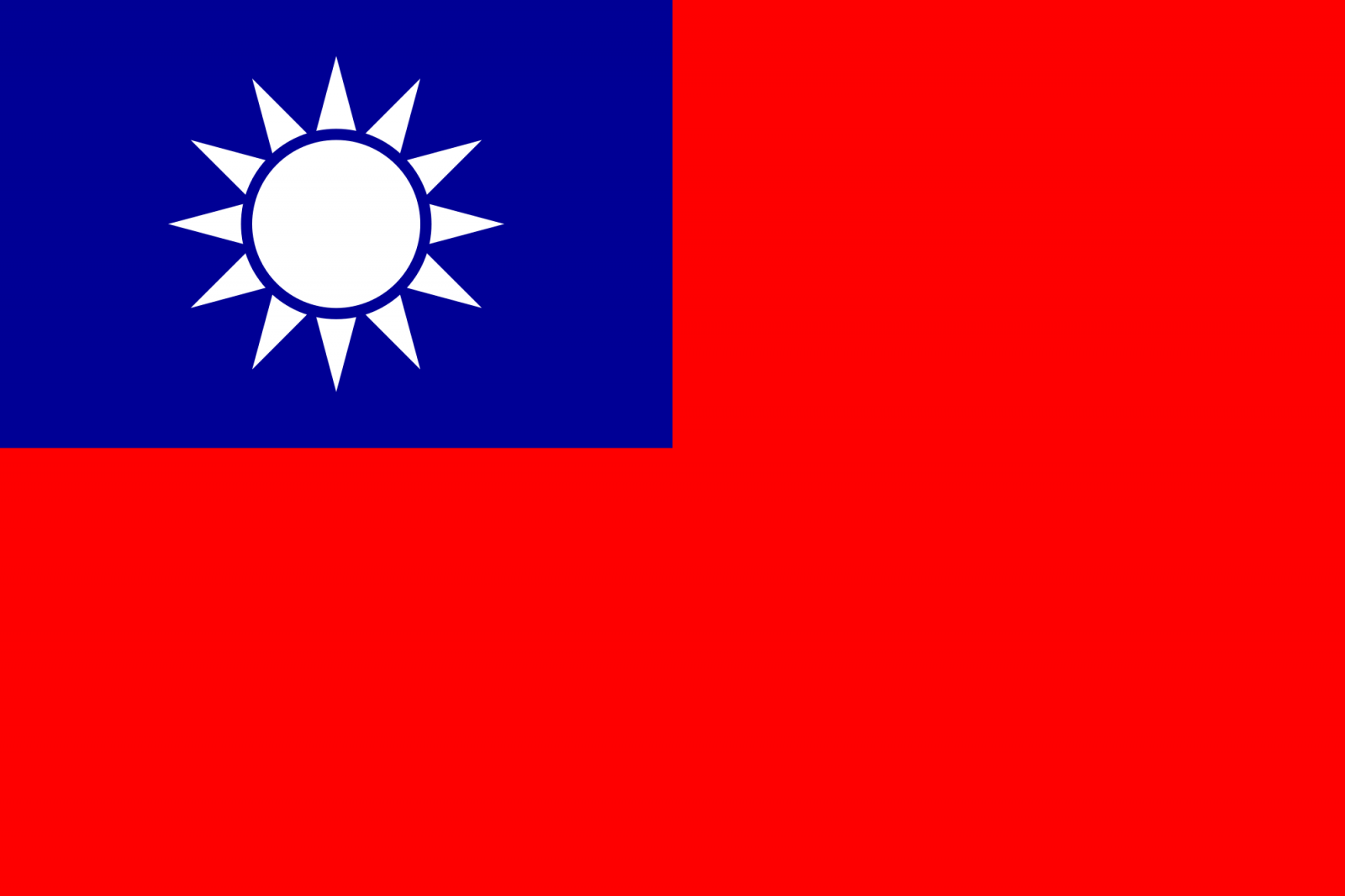
Taiwanese
The Taiwanese are people from Taiwan who share a common Taiwanese culture and speak Chinese or Aboriginal languages. They have two ethnic groups - the Han Chinese who comprise 98% of the population, and the Aboriginals, who comprise the remaining 2%. Majority of the citizens of Taiwan are descendants of immigrants from the southeastern coastal provinces of Guangdong and Fujian as well as various provinces of Mainland China.
The official language of Taiwan is Mandarin Chinese while the most popular foreign language is English, which is a part of their regular school curriculum. English teaching is currently a big business in Taiwan. Their government aims to reinvigorate the Taiwan Miracle, and become a trilingual country—fluent in Mandarin, Taiwanese, and English.
Taiwan’s immigration policies have not changed much and is still a major influence in the ways of thinking about migration in Taiwan. In the past, most changes in the major immigration policies are due to changes in international politics strongly related to the China factor, as well as domestic social pressures.
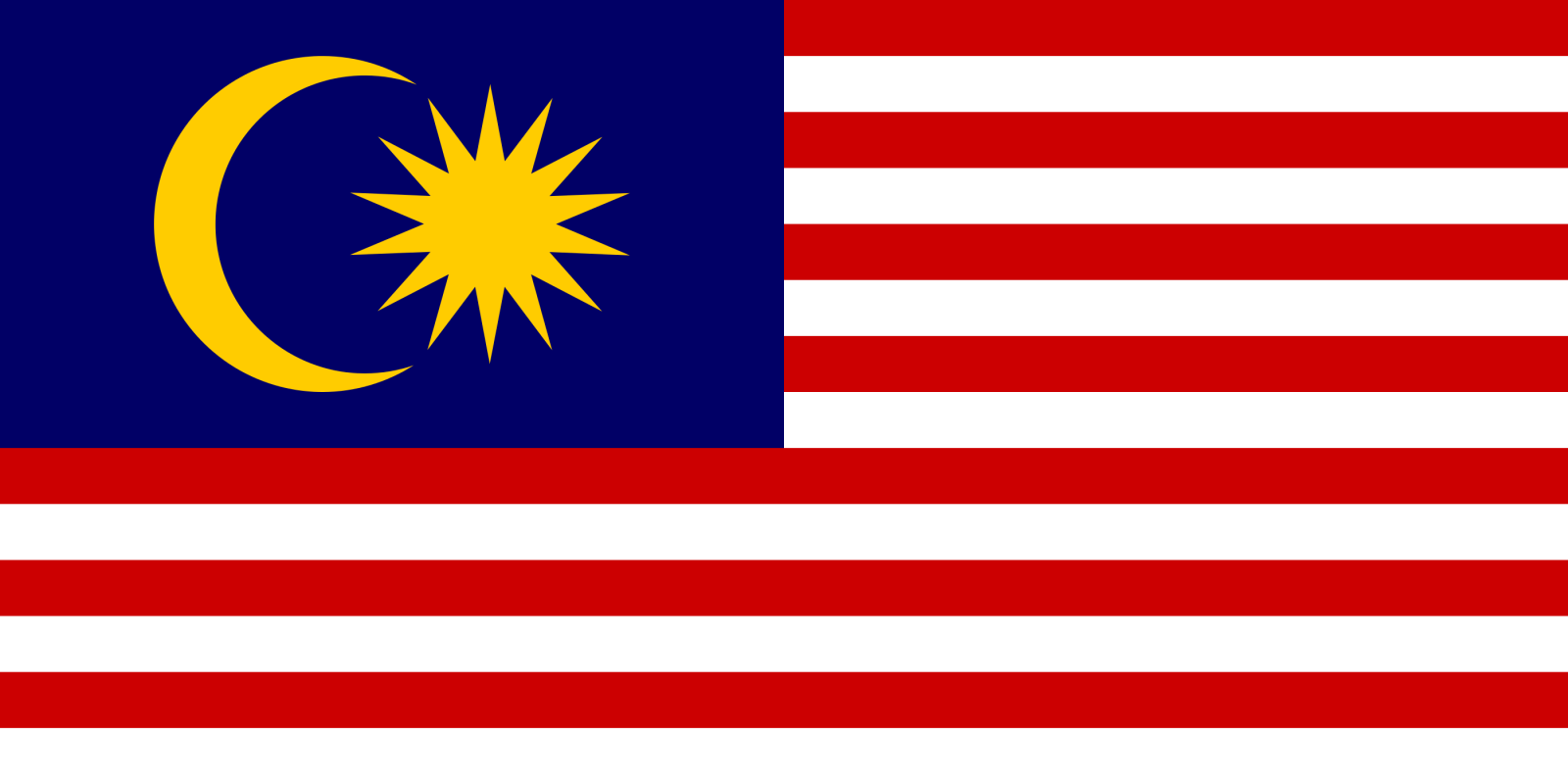
Malaysian Chinese
The Malaysian Chinese consists of full or partial Chinese who were either born in or immigrated to Malaysia. Most of the Malaysian Chinese live in urban areas on the country’s west coast. After Thailand, Malaysia is considered to be the home to the second largest community of Overseas Chinese in the world. The Malaysian Chinese are the second largest ethnic group in Malaysia after the ethnic Malay majority. Within the country, they are simply referred to as "Chinese".
The country’s commerce is dominated by Chinese Malaysians, and is apparent to tourists arriving in towns on the west coast of the peninsula, where its main roads are lined with Chinese shops. According to an article from the Malay Mail Online, the Malaysian Chinese form the largest brain drain or outflow among emigrants of all ethnic groups in Malaysia.
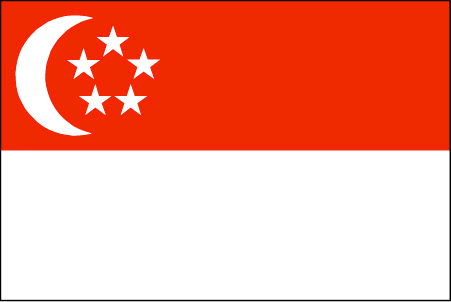
Singaporean Chinese
Singaporean Chinese are people of either full or partial Chinese ancestry who hold Singaporean nationality. Approximately three out of four Singaporeans are Chinese, which makes them Singapore’s largest ethnic group. Majority of the Singaporean Chinese are bilingual, and speak both English and Mandarin.
Chinese immigrants to Singapore brought plenty of ideas and values with them. Although influenced by western culture, Singaporean Chinese still continue to uphold Chinese values like Confucian respect for elders, meritocracy, importance of education, courtesy, filial piety, etc. Traditional Chinese values such as filial piety, respect and care for elders, social harmony and meritocracy were also being taught to the Singaporean Chinese.
The Singaporean community in the UK follows that of the British Chinese, as most Singaporeans are of Chinese descent. Due to Singapore being a former British colony, there is a Singaporean diaspora in the UK.
Racial harmony is very crucial and important in every country. Whether you are a native or non-native of the country you’re living in, it is still your duty to fully recognize and respect the culture and values of the people that you meet, especially those from other countries.
56A Audley Road, Hendon,
London, United Kingdom
NW4 3HB
+44-203-239-8988